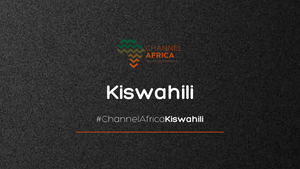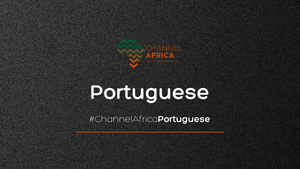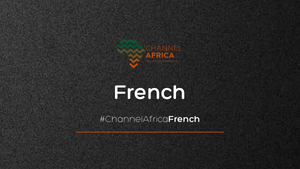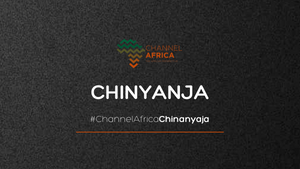Speaking at the 2nd G20 Energy Transition Working Group meeting in Cape Town earlier this week, Ramokgopa outlined his department’s goals for the expansion of nuclear technology in the country.
SA’s nuclear energy programme has been in operation since 1984.
Energy expert Ruse Moleshe says nuclear projects need to be planned over a long period of time. She maintains that the costs need to be balanced against the cost of not having energy, as is the case during loadshedding.
“Yes, it has upfront capital costs similar to those of renewable energy technologies. There is a lot of capital needed in the beginning, which is why it’s one of the cheapest right now, so it’s an investment that is required at an early stage. But countries are looking at options because they value having security of supply,” says Moleshe.
When it comes to concerns about the safety of nuclear power, Moleshe explains that there are different types of nuclear power.
“If you look at nuclear power generation, that’s the peaceful use of nuclear. It’s used to generate power, and yes, we’ve had incidents like Fukushima. In fact, for me, I think Fukushima is a good example, now with Japan saying we’re going back full speed into nuclear technology.”
She adds that it is a highly regulated industry and that SA adheres to the regulations of the International Atomic Energy Agency.
Electricity and Energy Minister, Dr Kgosientsho Ramokgopa, has said that nuclear power will be part of SA’s policy to mitigate climate change. “Nuclear technology has a huge role to play, expansion of nuclear technology.”
The lower impact nuclear has on the environment, plus its costs gives it a key advantage as the world moves towards the just energy transition.
--SABC--










